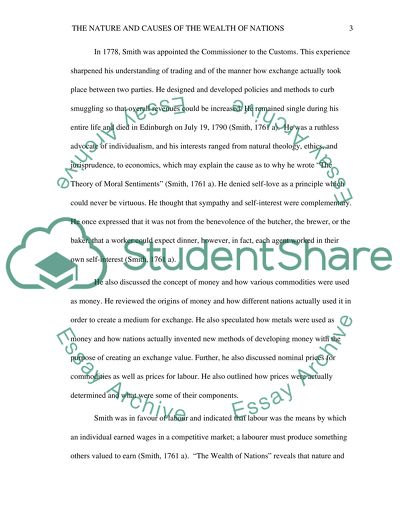Cite this document
(“The Nature and Causes of the Wealth of Nations, Adam Smith Essay”, n.d.)
The Nature and Causes of the Wealth of Nations, Adam Smith Essay. Retrieved from https://studentshare.org/macro-microeconomics/1477585-the-nature-and-causes-of-the-wealth-of-nations
The Nature and Causes of the Wealth of Nations, Adam Smith Essay. Retrieved from https://studentshare.org/macro-microeconomics/1477585-the-nature-and-causes-of-the-wealth-of-nations
(The Nature and Causes of the Wealth of Nations, Adam Smith Essay)
The Nature and Causes of the Wealth of Nations, Adam Smith Essay. https://studentshare.org/macro-microeconomics/1477585-the-nature-and-causes-of-the-wealth-of-nations.
The Nature and Causes of the Wealth of Nations, Adam Smith Essay. https://studentshare.org/macro-microeconomics/1477585-the-nature-and-causes-of-the-wealth-of-nations.
“The Nature and Causes of the Wealth of Nations, Adam Smith Essay”, n.d. https://studentshare.org/macro-microeconomics/1477585-the-nature-and-causes-of-the-wealth-of-nations.


